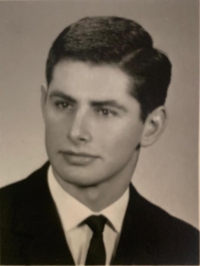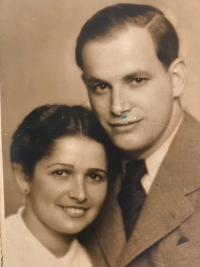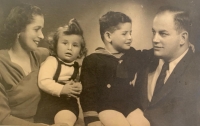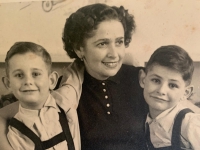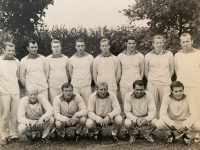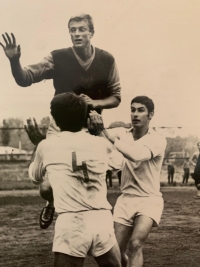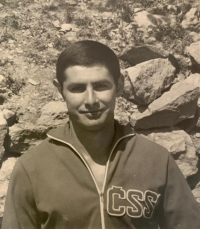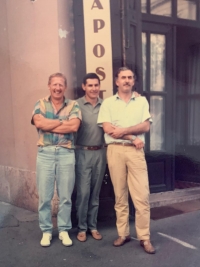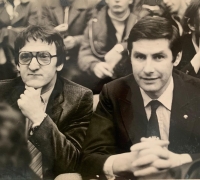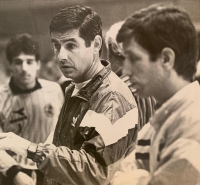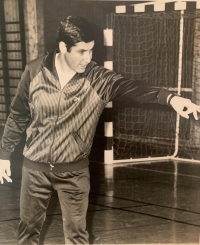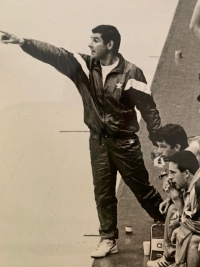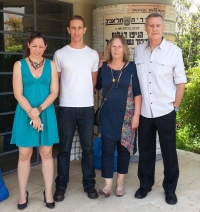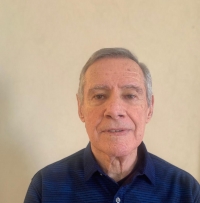What an inhuman regime it was and what it was able to do to the people, I only understood in exile
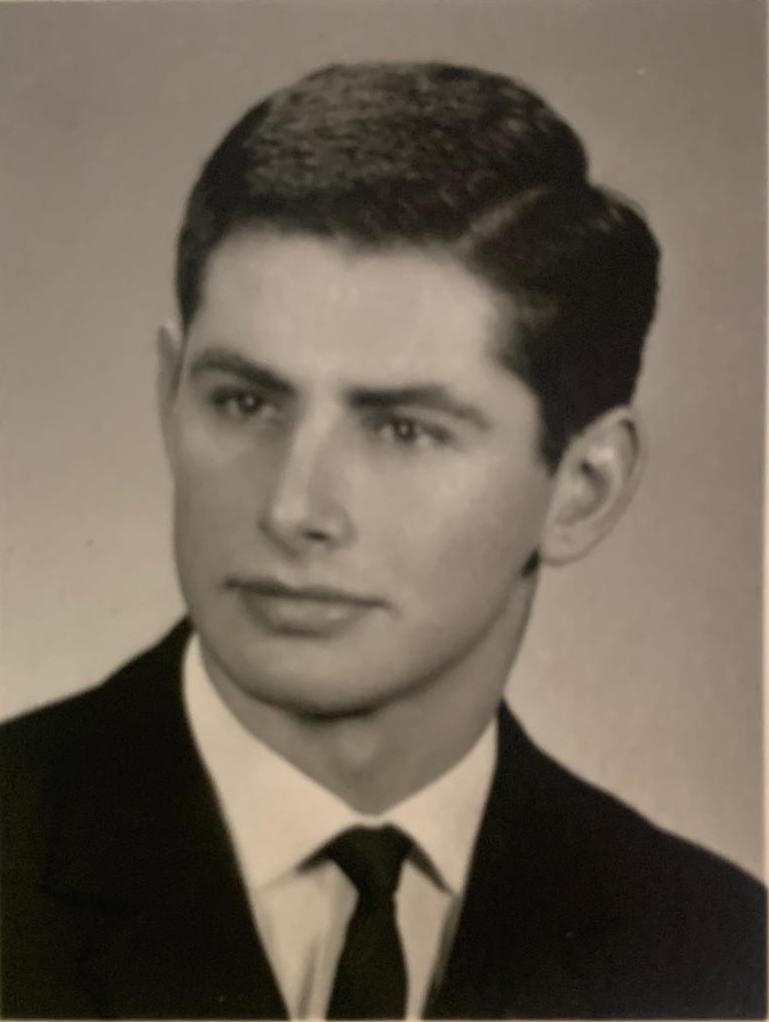
Stáhnout obrázek
Igor Bielik was born on June 19, 1944 as the first son of a Jewish family in Trenčín. After the suppression of the SNP, the family hid for two months with acquaintances in Žitná. Igor‘s father joined the partisans and his mother and Igor were hiding at the Jamrišek family, where they stayed until the liberation. They lived in Trenčín until 1956, when they moved to Bratislava. From the age of 14,Igor played handball and in 1966 he became the Czechoslovak national team member. Fearing a repeat of the bloody suppression of the revolution in Hungary in 1956, the mother immediately decided to emigrate with her family after the invasion of the „friendly“ Warsaw Pact troops into Czechoslovakia on August 21, 1968. Igor has had a serious acquaintance and great love for two years now - Slava Kopalová, who joined them without hesitation. In Vienna, they decided to go to Australia, where they had a rich relative. Here Igor and Sláva got married. However, her parents could not accept her emigration. In Australia, Igor missed handball, so he accepted an offer from an Israeli club, and in May 1969 they left for Israel, where they also had relatives. Slava took a six-month Hebrew course and felt at home there, but her parents continued to write her sad letters. Therefore, she decided to visit them at Christmas 1969, despite Igor‘s family‘s warning. However, the situation has worsened again in the meantime and the Czechoslovak authorities have not allowed Sláva to return to her husband. They met twice in Romania in 1970 and 1971, when they hoped that Slava would be able to go to the West illegally, but they were unlucky. Even during the following years, Slava could not get out of Czechoslovakia. Over time, the couple divorced and started families. Igor became the coach of the national team in Israel, the most successful in the country to date. They met with Slava again in 1990 and have been friends ever since. He has the most beautiful memories of Slovakia and still visits it regularly.
